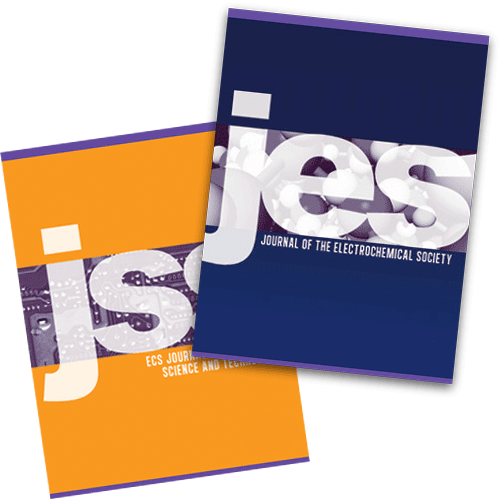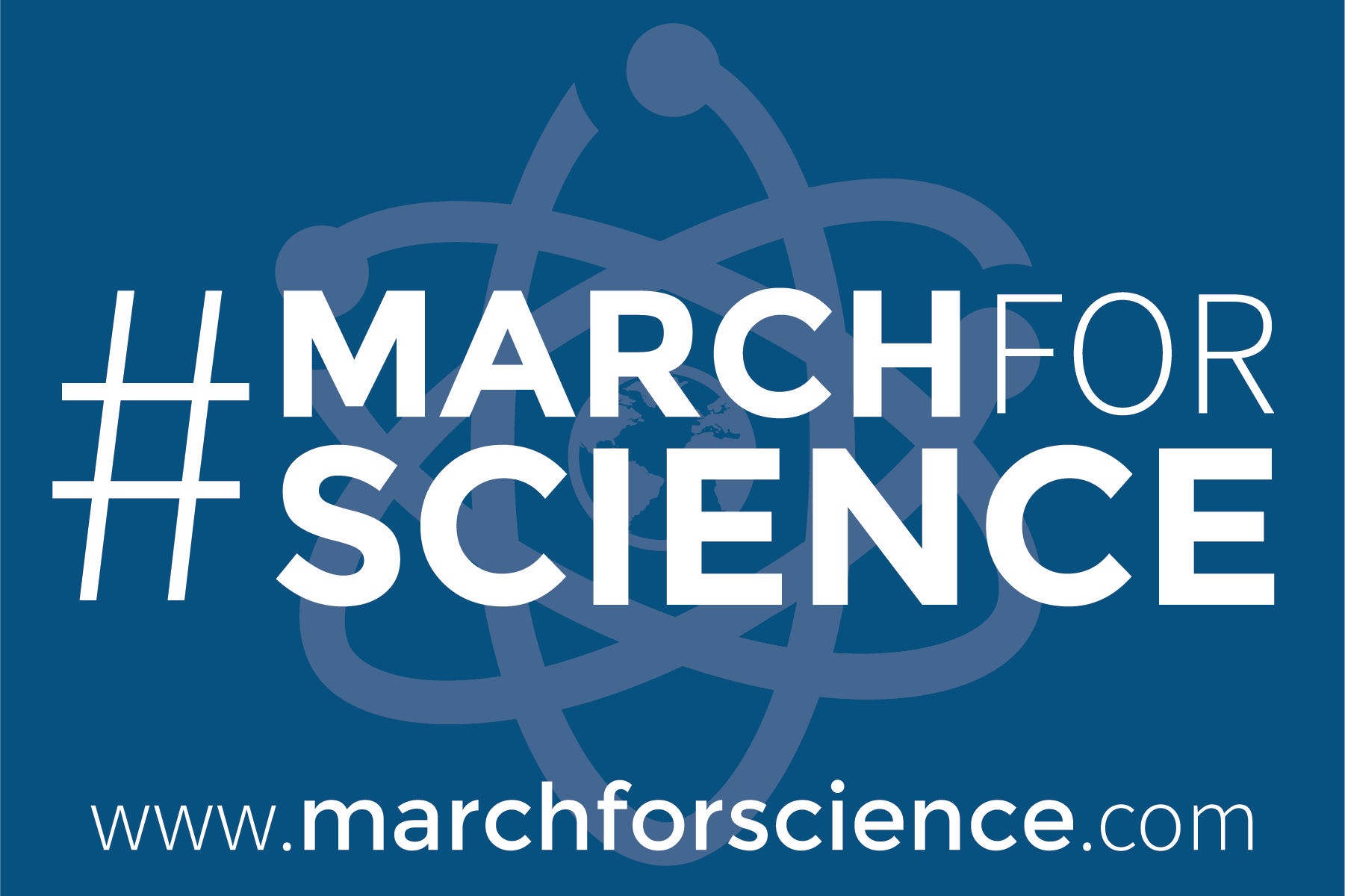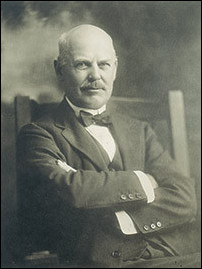Tech Highlights was prepared by Colm Glynn and David McNulty of University College Cork, Ireland, David Enos of Sandia National Laboratories, Zenghe Liu of Verily Life Science, and Donald Pile of Rolled-Ribbon Battery Company. Each article highlighted here is available free online.
was prepared by Colm Glynn and David McNulty of University College Cork, Ireland, David Enos of Sandia National Laboratories, Zenghe Liu of Verily Life Science, and Donald Pile of Rolled-Ribbon Battery Company. Each article highlighted here is available free online.
Performance of Three-Dimensional LiMn2O4/Carbon Composite Cathodes Prepared Via Sol-Gel Impregnation
With the ever advancing improvements in electronics and display technologies, it is crucial that Li-ion batteries are able to rise to the challenge of powering next generation consumer electronics. Consequently, the development of electrode materials for Li-ion batteries that are capable of delivering high capacities with stable capacity retention is of the utmost importance. Researchers from the University of Bremen have investigated the fabrication of 3D composite cathodes consisting of LiMn2O4 particles deposited directly onto an electrically conductive matrix of carbon fibres via sol-gel impregnation. The electrochemical performance of the composite cathodes was evaluated as a function of the number of sol impregnation steps. Through systematic galvanostatic cycling, the researchers determined that high capacity cathodes could be obtained from increased filling of the carbon matrix with the LMO sol. A cathode sample after four filling cycles demonstrated a discharge capacity of 132mAh g-1 after 50 cycles, corresponding to ~89% of the theoretical capacity of LiMn2O4.
Additionally, as a proof-of-concept, LMO cathodes were cycled against Lithium Titanate (LTO) anodes in a solid state battery (SSB) setup. The evaluation of these cells offers valuable insight for future SSB applications.


 A new issue of ECS Transactions (ECST) has just been published from the XXXI National Congress of the Mexican Society of Electrochemistry/9th Meeting of the ECS Mexican Section.
A new issue of ECS Transactions (ECST) has just been published from the XXXI National Congress of the Mexican Society of Electrochemistry/9th Meeting of the ECS Mexican Section. Scientists studying climate change have long debated exactly how much hotter Earth will become given certain amounts of greenhouse gas emissions. Models predicting this “climate sensitivity” number may be closer to the observed reality than some previously thought, according to a new study.
Scientists studying climate change have long debated exactly how much hotter Earth will become given certain amounts of greenhouse gas emissions. Models predicting this “climate sensitivity” number may be closer to the observed reality than some previously thought, according to a new study. ECS is proud to partner with the
ECS is proud to partner with the  ECS is pleased to announce the 11 award winners for the Society’s spring biannual meeting.
ECS is pleased to announce the 11 award winners for the Society’s spring biannual meeting. The discovery of an electric arc can be tied to the use of an electrochemical energy source. Sir Humphry Davy described in 1800 an electric discharge using electrochemical cells1 that produced what we would call a spark, rather than an arc. However, in 1808, using an electrochemical battery containing 2000 plates of copper and zinc, he demonstrated an electric arc 8cm long. Davy is also credited with naming the phenomenon an arc (Fig. 1). An electric arc was also discovered independently in 1802 by Russian physicist Vasily Petrov, who also proposed various possible applications including arc welding. There was a long gap between the discovery of the electric arc and putting it to use.
The discovery of an electric arc can be tied to the use of an electrochemical energy source. Sir Humphry Davy described in 1800 an electric discharge using electrochemical cells1 that produced what we would call a spark, rather than an arc. However, in 1808, using an electrochemical battery containing 2000 plates of copper and zinc, he demonstrated an electric arc 8cm long. Davy is also credited with naming the phenomenon an arc (Fig. 1). An electric arc was also discovered independently in 1802 by Russian physicist Vasily Petrov, who also proposed various possible applications including arc welding. There was a long gap between the discovery of the electric arc and putting it to use. ECS now has an app for your mobile device. Follow the latest research published in ECS journals, the newest Redcat blog posts, and get instant access to the ECS podcasts and videos all in one place. It also includes the meeting scheduler for the upcoming ECS biannual meeting.
ECS now has an app for your mobile device. Follow the latest research published in ECS journals, the newest Redcat blog posts, and get instant access to the ECS podcasts and videos all in one place. It also includes the meeting scheduler for the upcoming ECS biannual meeting. Ajit Khosla is a professor at Yamagata University in Yonezawa, Japan and a visiting professor at San Diego State University’s College of Engineering. Khosla’s work in the area of nano-microsystems has resulted in more than 100 scientific and academic contributions. Khosla has recently been named associate editor for the
Ajit Khosla is a professor at Yamagata University in Yonezawa, Japan and a visiting professor at San Diego State University’s College of Engineering. Khosla’s work in the area of nano-microsystems has resulted in more than 100 scientific and academic contributions. Khosla has recently been named associate editor for the  When a battery is used, electrically charged ions travel between electrodes, causing those electrodes to shrink and swell. For some time, researchers have wondered why the electrode materials – which are fairly brittle – don’t crack in the expansion and contraction styles.
When a battery is used, electrically charged ions travel between electrodes, causing those electrodes to shrink and swell. For some time, researchers have wondered why the electrode materials – which are fairly brittle – don’t crack in the expansion and contraction styles.